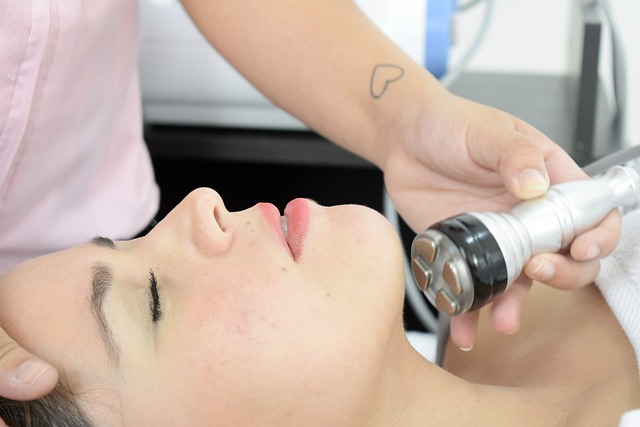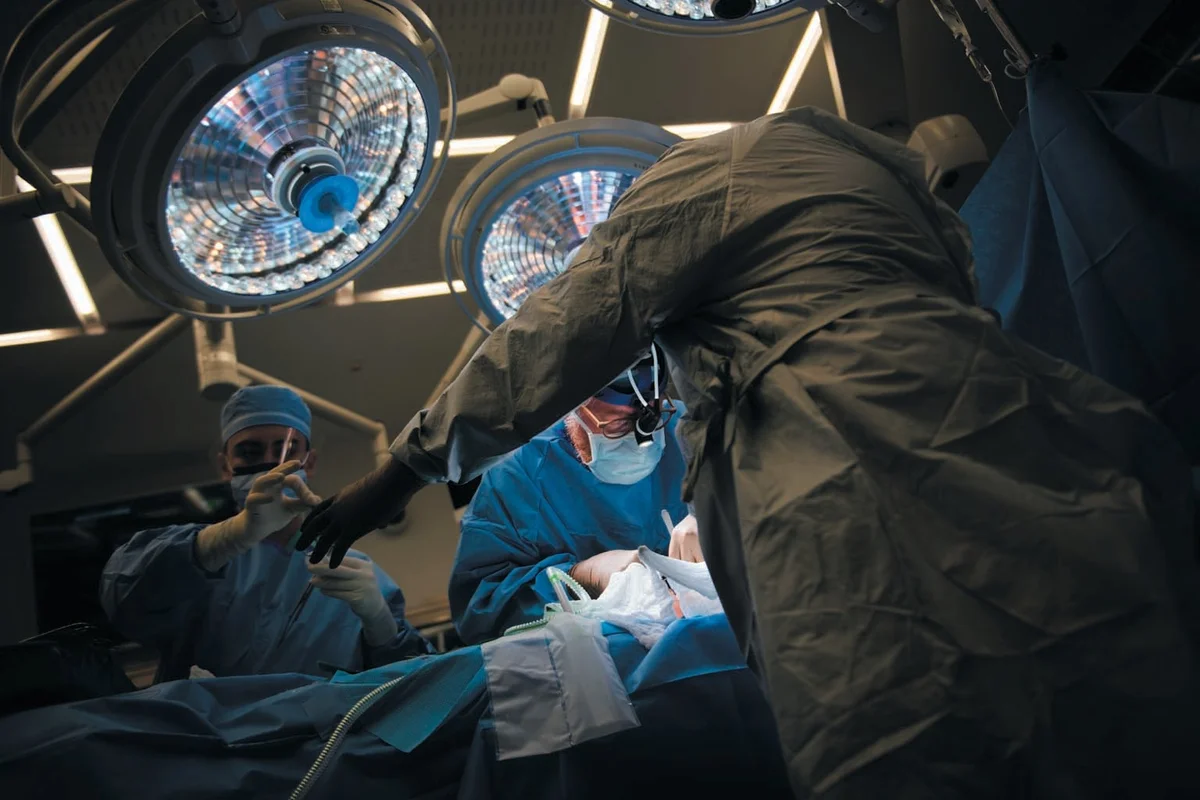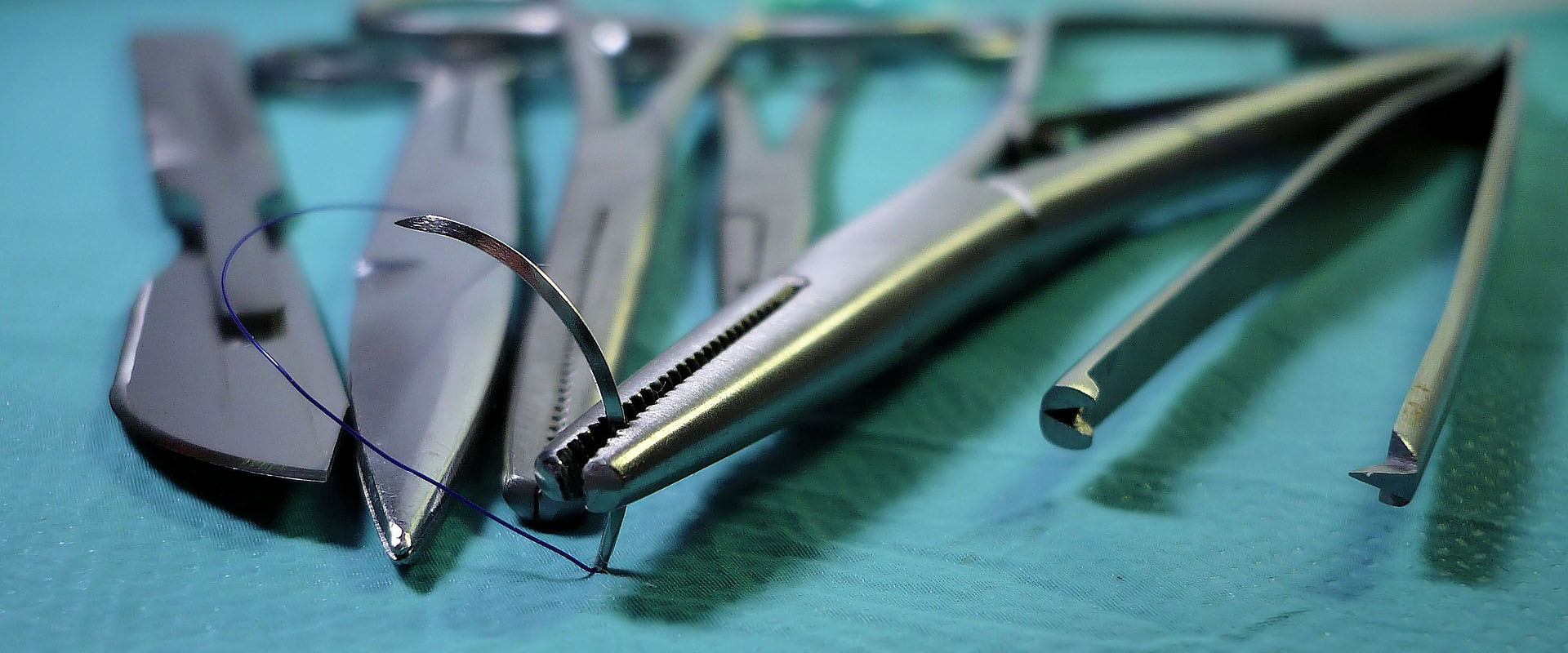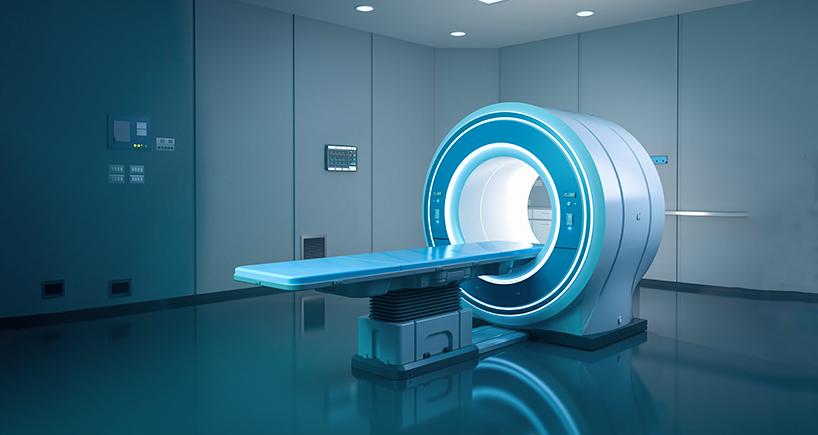General Hospital
Cancer Screening
Advanced Early Cancer Detection System
Until recently, accurately detecting cancer through blood sampling was not possible due to low accuracy rates. However, a groundbreaking system developed by Seoul National University Hospital now enables early detection of six types of cancer: stomach, liver, lung, colorectal, breast, and prostate cancer. In addition to cancer detection, this test can also identify early signs of diabetes and Alzheimer’s disease. The procedure is quick, painless, and capable of detecting cancer at stages that traditional tests may miss. Utilizing a multiplex in-vitro method that analyzes 30 biomarkers, this advanced screening system achieves an impressive 85-95% accuracy rate. Currently, this cutting-edge test is available only at select clinics partnered with Seoul National University Hospital.
Comprehensive Cancer Diagnosis
Cancer screening at leading hospitals in Seoul involves both traditional and advanced diagnostic techniques. Specialists use a combination of methods to ensure accurate detection and classification of cancer, including tumor biopsies, bone marrow biopsies, chest X-rays, complete blood counts, CT scans, liver function tests, MRI scans, digital infrared thermographic imaging, PET scans, and PET-CT scans. Since some cancers—especially lymphomas—can be difficult to classify, obtaining the correct diagnosis at a specialized facility is crucial. Accurate cancer identification allows oncologists to develop the most effective treatment plan, increasing the chances of successful treatment and recovery.

A biopsy is a procedure in which a small sample of tissue is taken from the body to be examined under a microscope. This test helps doctors determine whether cells are cancerous or if there are other abnormalities in the tissue. Biopsies are often used for diagnosing tumors and other conditions.
An endoscopy is a minimally invasive procedure that uses a thin, flexible tube with a camera at the end to examine the digestive tract or other internal organs. This procedure allows doctors to detect abnormalities such as ulcers, inflammation, and tumors without the need for surgery.
Diagnostic imaging refers to various non-invasive techniques used to create detailed images of the inside of the body. These methods, including X-rays, CT scans, MRIs, and ultrasounds, help doctors diagnose medical conditions, monitor disease progression, and guide treatment plans.
X-rays use a small amount of radiation to produce images of bones and internal organs. They are commonly used to diagnose fractures, infections, and lung diseases. X-rays are quick, painless, and widely used in medical diagnostics.
A CT scan (computed tomography) combines multiple X-ray images to create detailed cross-sectional images of the body. It is used to diagnose internal injuries, tumors, blood clots, and other abnormalities that may not be visible on a regular X-ray.
MRI is an advanced imaging technique that uses magnetic fields and radio waves to generate detailed images of organs, soft tissues, and the nervous system. Unlike X-rays and CT scans, MRIs do not use radiation, making them a preferred option for brain and spinal cord imaging.
An ultrasound, also known as sonography, uses high-frequency sound waves to create images of organs and tissues. It is commonly used for monitoring pregnancies, examining the heart (echocardiogram), and diagnosing conditions related to the liver, kidneys, and other soft tissues.
Blood tests are used to evaluate overall health and detect a wide range of conditions, including infections, anemia, diabetes, liver and kidney function issues, and certain cancers. Some specialized blood tests can also detect tumor markers, which may indicate the presence of cancer.
Cancer Treatment
Korea is at the forefront of cancer treatment, boasting some of the highest survival rates in the world. With state-of-the-art medical technology and innovative treatment methods, hospitals in Seoul offer comprehensive care that extends beyond medical procedures to include specialized nutrition plans designed to support faster recovery.
Cutting-edge advancements such as the Da Vinci Robotic Surgery system, nuclear medicine, radiotherapy, proton accelerators, cyberknife, and Tomotherapy enable minimally invasive procedures that effectively target and remove tumors while minimizing damage to healthy tissues. These treatments are administered by highly specialized medical teams dedicated exclusively to cancer care.
Korea has achieved remarkable success in treating various types of cancer, particularly stomach, liver, and cervical cancer—conditions that are more prevalent in the region. The country continues to pioneer new treatment approaches, with ongoing research pushing the boundaries of medical innovation. In a breakthrough announced by the Korean Ministry of Science, scientists have developed nano-robots capable of targeting cancer cells directly. This emerging technology has the potential to revolutionize cancer treatment, reducing the harmful side effects of chemotherapy by delivering medication precisely where it is needed.

Advanced Organ Transplantation in Korea
Korea is a global leader in organ transplantation, offering a highly advanced and efficient system. The process follows strict guidelines set by the Korean Network for Organ Sharing (KONOS) and is managed in collaboration with top medical professionals and state-of-the-art facilities. Each transplant application is carefully evaluated on a case-by-case basis to ensure the best possible outcomes for patients.
Korea has consistently ranked among the highest in various transplant success rates. Notably, in 2005, an organ transplant team from Johns Hopkins Hospital visited Korea for a three-week training program in living liver transplantation. Professor Robert Montgomery, the renowned surgeon who pioneered a technique to overcome organ rejection in ABO-incompatible transplants, praised Korea’s expertise, stating that “Korea has the best living liver transplant technique.”
One of the key advantages of Korea’s transplant system is its efficiency. While organ transplantation can take up to 12 hours in many countries, Korean surgeons complete the procedure in just 6-7 hours, thanks to their precision, advanced techniques, and cutting-edge medical technology.

Surgical Care
Our hospitals provide a wide range of advanced surgical treatments, ensuring fast and effective care for various medical conditions across multiple specialties. With state-of-the-art facilities and expert medical teams, we offer specialized centers for thyroid care, cardiovascular health, gastroenterology, interventional procedures, artificial kidney treatment, urolithiasis, diabetes management, endocrinology, cerebrovascular conditions, pulmonary rehabilitation, and emergency care.
Our dedicated medical professionals prioritize your health, comfort, and peace of mind, providing world-class treatment with personalized support. From consultation to recovery, we are with you every step of the way, ensuring the highest standards of care and successful outcomes.

Comfortable Housing During Treatment
For patients undergoing extensive treatment, staying in a traditional hotel may not be the best option. We provide a range of housing solutions to fit all budgets, including luxury accommodations, ensuring a comfortable and stress-free stay. Renting a home in Seoul can be a complex process, but our established system simplifies everything, making it easy for you to secure housing near your treatment facility. Options range from bachelor apartments to spacious homes for large families, ensuring a suitable living space for every need.
For shorter stays or those who prefer a hotel, we can arrange accommodations that prioritize comfort and recovery. Many standard hotels in Seoul have small rooms that may not be ideal for post-treatment rest. Through our exclusive partnerships, we offer access to spacious hotel rooms with kitchens and serviced apartments, providing the perfect environment for a smooth and comfortable recovery.

Comprehensive Health Screening
Health screenings in Korea are conducted using state-of-the-art technology, with highly skilled medical experts overseeing the procedures and analyzing the results. These screenings are categorized into four levels: basic, intermediate, advanced, and extensive, allowing for a tailored approach based on individual needs. With cutting-edge medical equipment such as DDR, PACS, TLAS, PET-CT, CT, MRI, and RT, Korea ensures highly accurate diagnoses. Our specialists provide in-depth assessments, giving you a clear and precise understanding of your health, along with expert recommendations for preventive care and treatment.

Basic comprehensive health screening includes essential tests to assess overall health and detect common conditions early. It typically covers blood tests, urine analysis, chest X-rays, and basic organ function tests. This screening is ideal for individuals looking for a general health check-up without specific concerns.
The intermediate screening builds upon the basic level, incorporating more detailed diagnostic tests such as abdominal ultrasounds, cardiovascular evaluations, and additional blood markers. This option is suitable for those seeking a more in-depth analysis of their health, particularly for individuals with a family history of certain conditions.
Advanced comprehensive health screening provides an extensive evaluation, including high-precision imaging tests like CT scans, MRI, PET-CT, and genetic testing. This level of screening is recommended for individuals with increased health risks, those experiencing unexplained symptoms, or anyone desiring a thorough assessment for early disease detection.
Extensive health screening is the most detailed option, offering a full-body evaluation using cutting-edge diagnostic technology. It includes specialized tests for early detection of cancers, neurodegenerative diseases, and metabolic disorders. This screening is best suited for individuals who want a complete health analysis or have a higher predisposition to certain illnesses.

